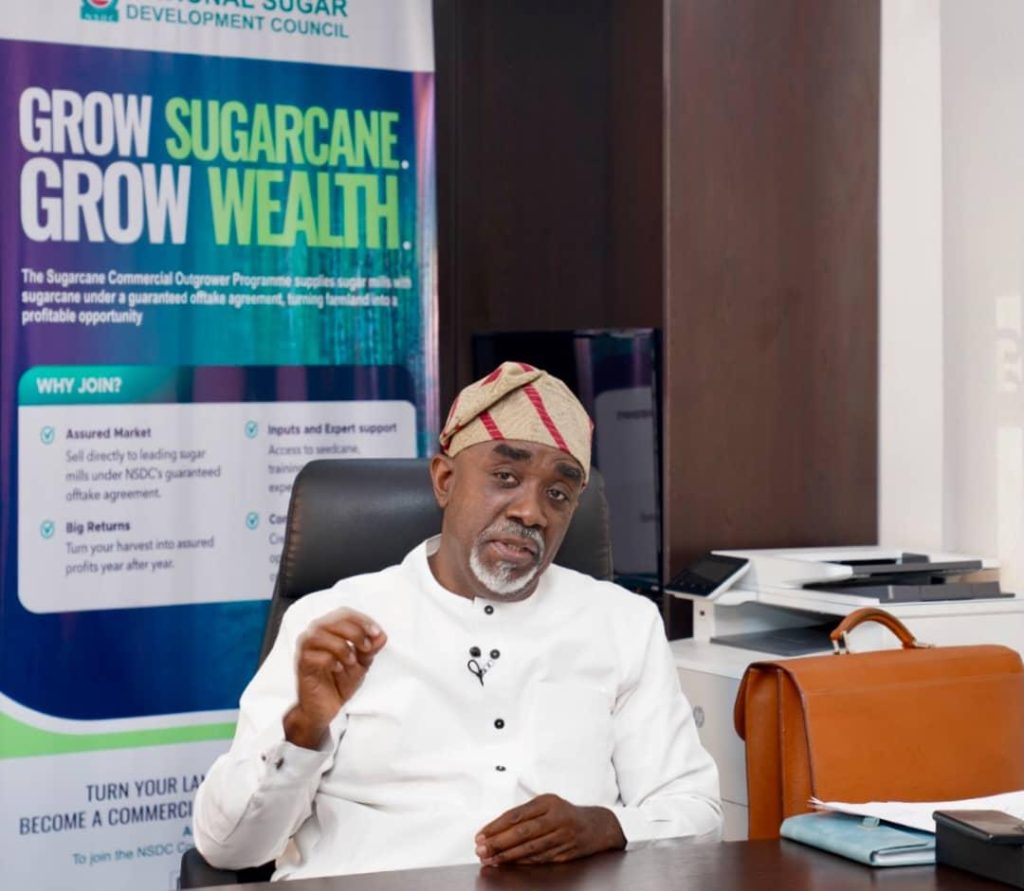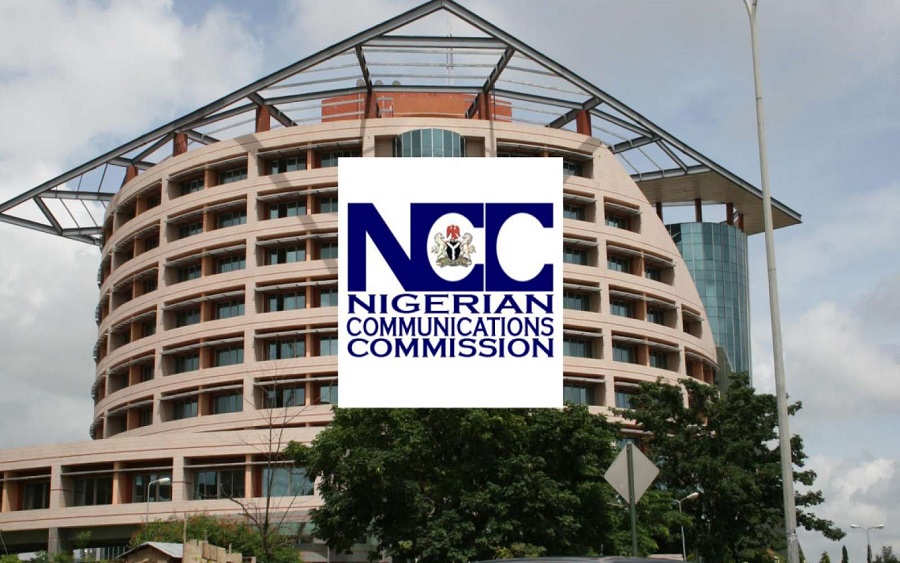African filmmakers are making their mark on the global film scene, with their unique stories, styles, and rhythms influencing culture worldwide. At the forefront of this movement is Film Africa, a festival that serves as a vital link between African filmmakers and international audiences. This year’s event, taking place from November 14 to 23, promises to be an exciting celebration of African voices.
According to Keith Shiri, lead curator of Film Africa, African cinema is experiencing an extraordinary renewal and visibility. “We are witnessing a generation of filmmakers confidently shaping their own narratives, experimenting with form and genre, and engaging global audiences without compromising local authenticity,” he said. The festival, founded in 2011, has become a top platform for contemporary African cinema outside the continent, promoting modern African filmmaking, supporting emerging creative voices, and fostering cultural understanding through film.
The ten-day program features a diverse range of films, including feature films, documentaries, and short films from Africa, showcasing both established and emerging filmmakers. African cinema’s influence extends beyond the film industry, with its unique aesthetic, rhythms, and philosophies inspiring global creativity. The rise of streaming platforms, innovations in mobile filmmaking, and collaborations across Africa have made film production and distribution more accessible, with Nigeria’s Nollywood being the biggest contributor to Africa’s film revenues, estimated to be worth $6.7 billion in 2025.
This year’s festival will also pay tribute to the late Souleymane Cissé, a Malian filmmaker who helped shape modern African cinema. His iconic films, such as Yeelen and Finye, continue to inspire filmmakers to treat cinema as a philosophical and poetic medium. The tribute will feature a retrospective of Cissé’s films and a personal documentary chronicling his life and career.
Despite the growth of African cinema, the industry still faces structural obstacles, such as a lack of funding and production infrastructure, as well as limited distribution channels. Shiri calls for systemic investment and policy reform to support the industry. Festivals like Film Africa play a crucial role in promoting African films, providing visibility, connecting African and international stakeholders, and creating networks. The goal is to facilitate dialogue, training, and collaboration that can lead to tangible industry changes.
Shiri emphasizes the need for sustained investment in production infrastructure, equitable funding models, and strengthened regional distribution networks. He believes that Film Africa acts as both a showcase and a connector, bringing global professionals into conversation with African creatives and advocating for equitable exchange. The festival’s ambition is to sustain its growth as a cultural celebration and a professional incubator, nurturing future talent and building lasting bridges across cultures.



